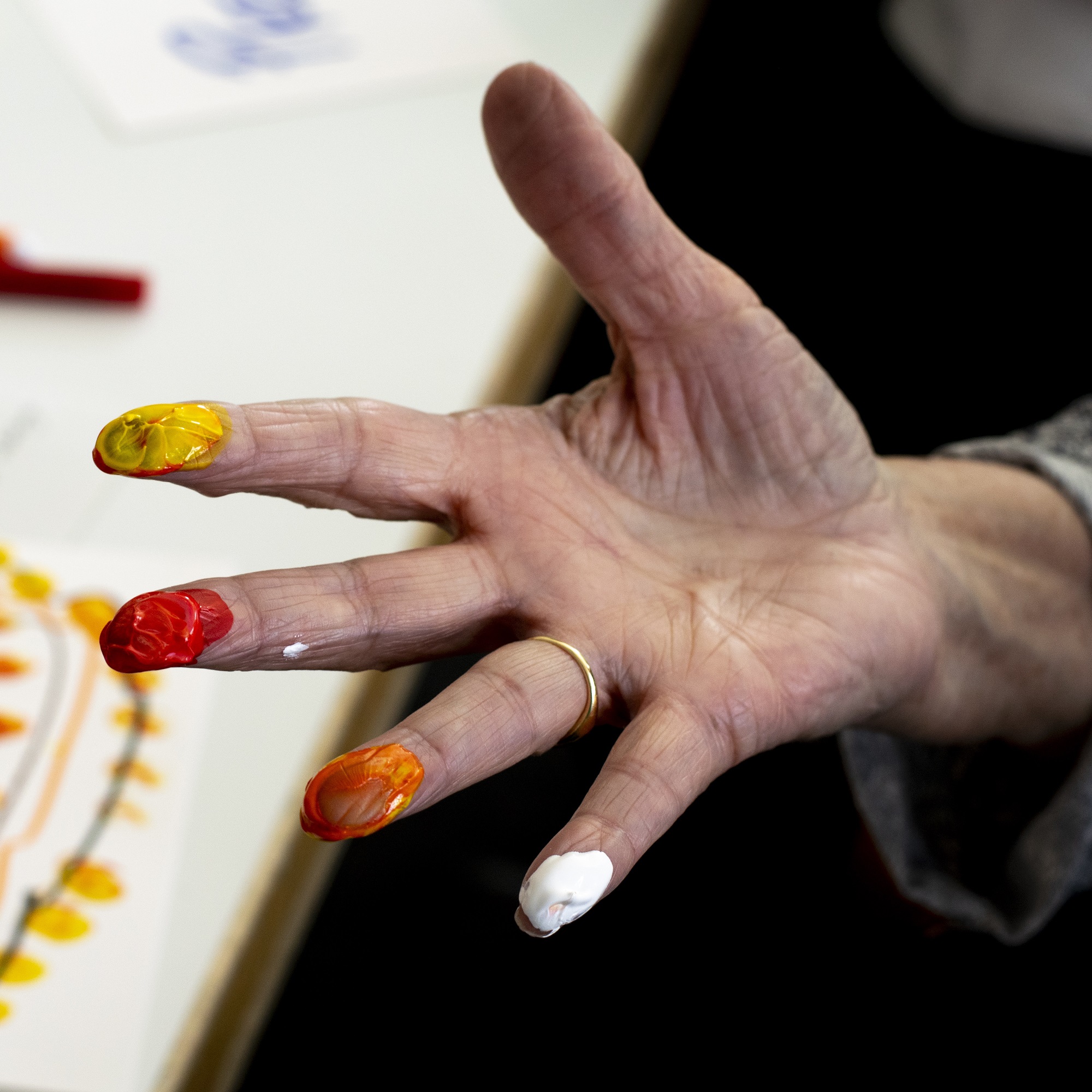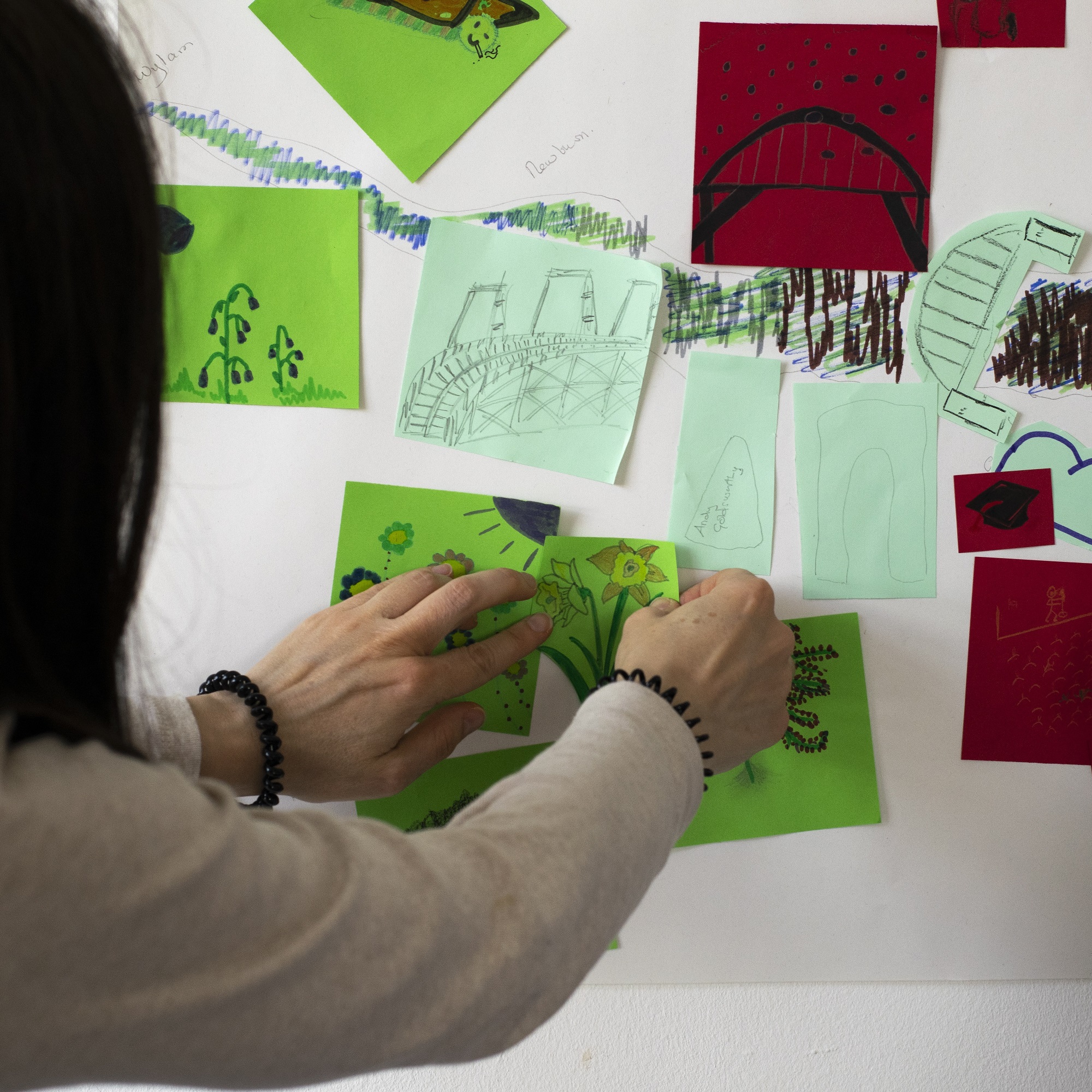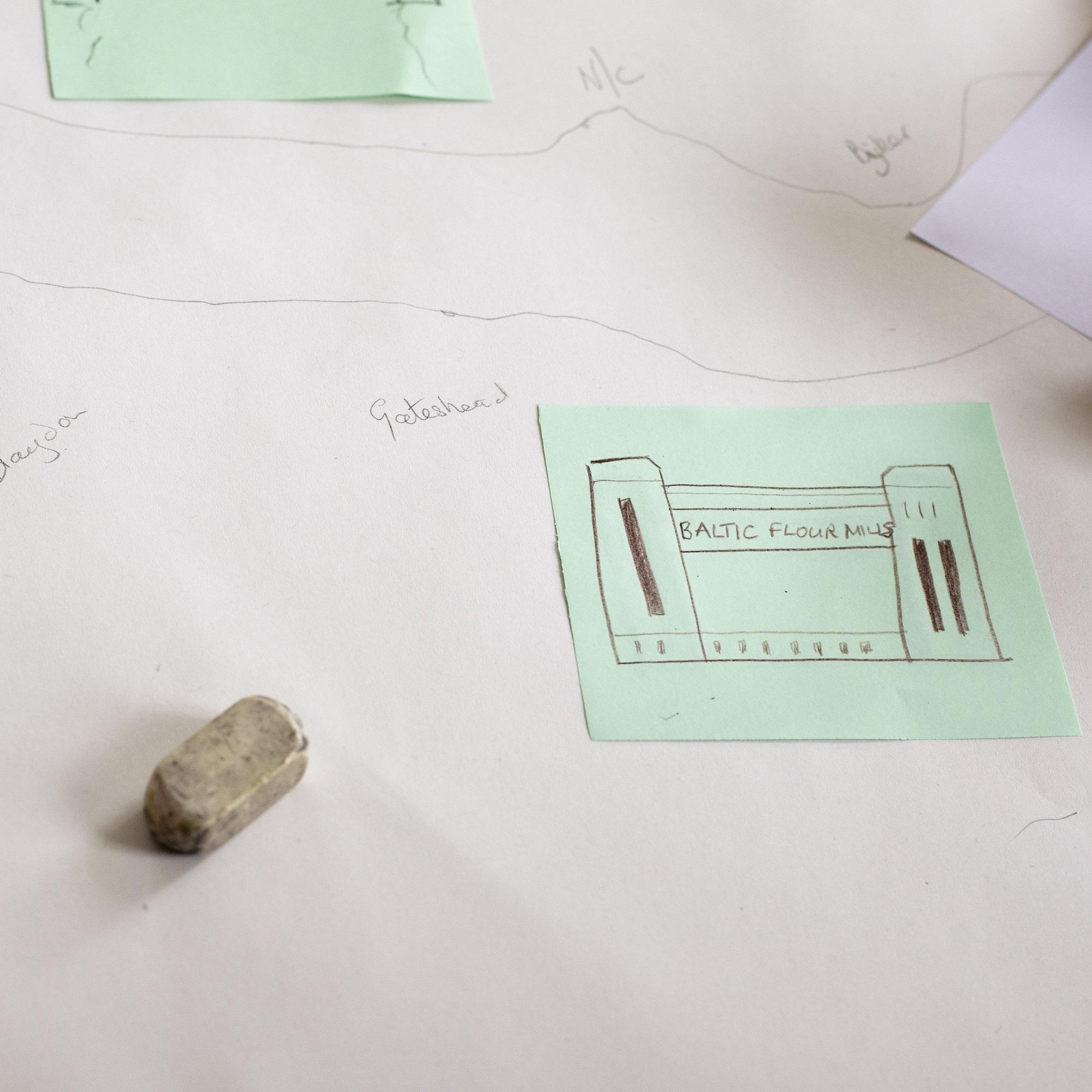Research
We support all aspects of humanities research, education and scholarship.
Newcastle University's strengths in humanities-focused research are wide-ranging. We work alongside and across the more discipline-focused schools to build on this established record of research excellence. The institute builds new research collaborations between scholars in different disciplines, students and partners.
Our most important role is to create a vibrant, supportive and inclusive environment for new ideas to emerge. We work with our sister institutes to catalyse new partnerships across the faculty, the university and beyond. We aim to support research that expands interdisciplinary horizons that have the potential to innovate and transform.
Find out more about humanities-led interdisciplinary research at Newcastle University below. This includes information about our current and past projects, partnerships, strategic themes, cross-faculty methods hub and our Challenge Labs that involve students in our research community.
If you have an idea for a project, please consult the Research Support and Funding information and contact us.
Research Themes
Each year, the Humanities Research Institute highlights key research themes for the coming academic year. These are multifaceted topics that are addressed collaboratively by teams or networks of researchers and their partner organisations. These are themes that are often supported by external funding programmes. They demand challenge-led research that requires interdisciplinary methods and expertise.



